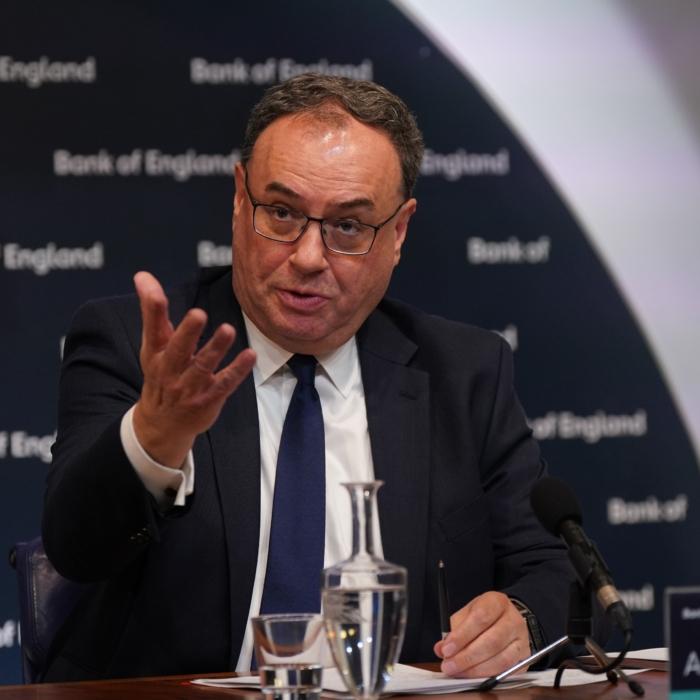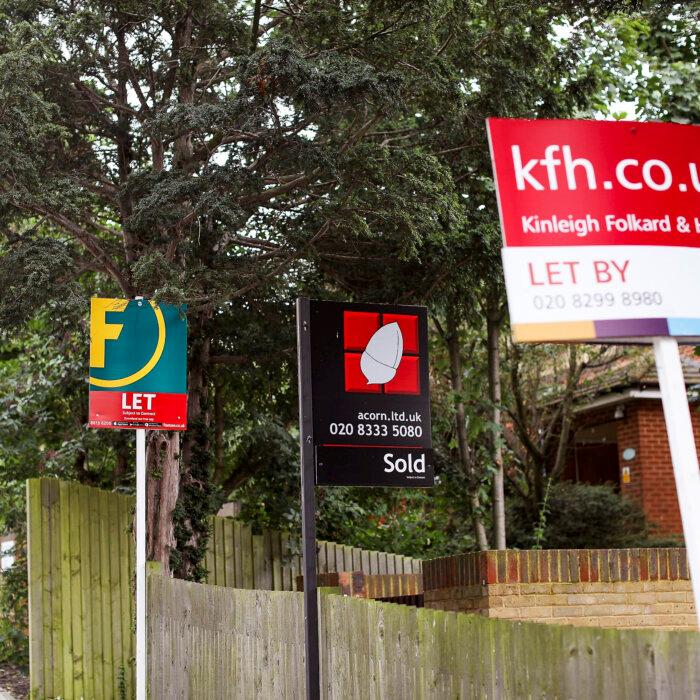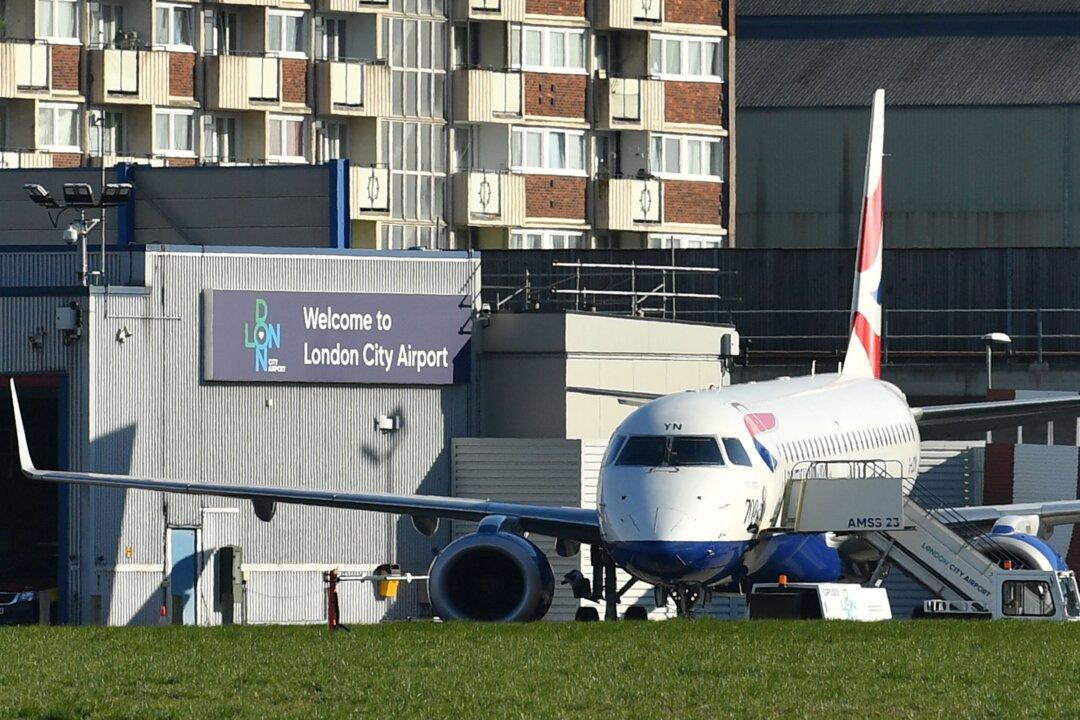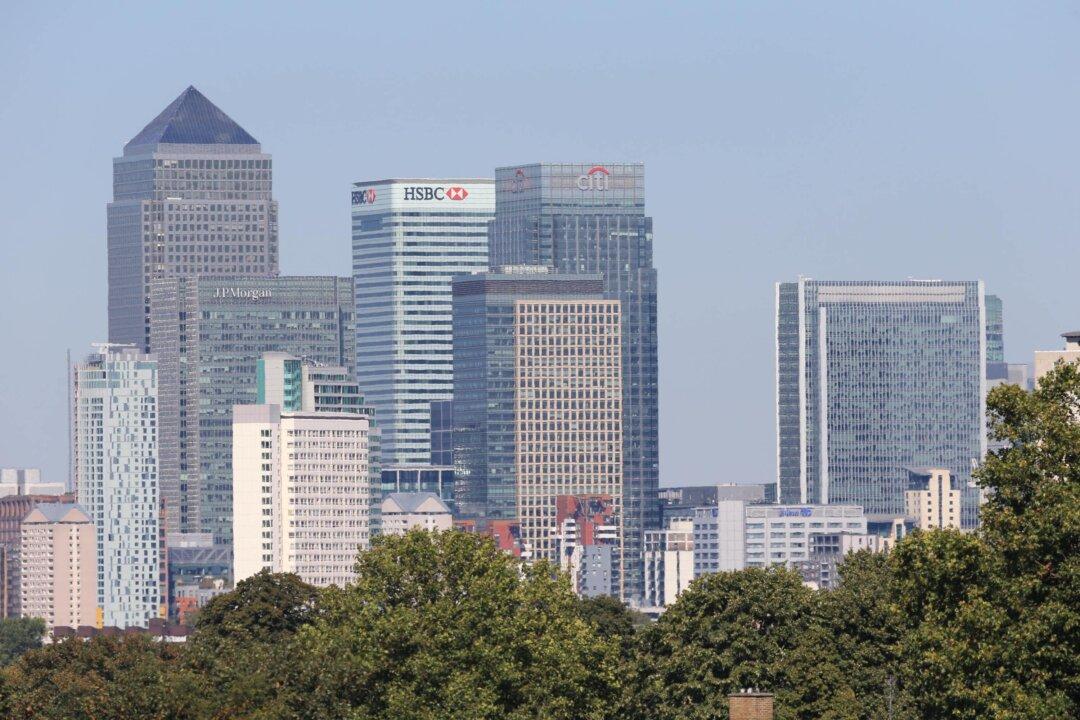Halifax said house prices increased by 0.8 percent month-on-month and by 2.3 percent annually.
Across the UK, the average house price in July was £291,268, up from £289,042 in June.
Northern Ireland once again continues to record the strongest annual house price growth in the UK, rising by 5.8 percent on an annual basis in July.
Strong Growth
House prices in the North West also recorded strong growth, up 4.1 percent, compared to the previous year, properties here now average £232,489.In Wales, house prices climbed 3.4 percent to £221,102, the highest price the region has seen since October 2022.
Scotland also saw a rise in house prices, with a typical property now costing £205,264, 2.1 percent more than the year before.
The only region or nation to record a fall across the UK was Eastern England.
Properties on the East now average £330,282, down 0.4 percent on an annual basis.
As expected, London continues to have the most expensive property prices in the UK, now averaging £536,052, up 1.2 percent compared to last year.
Interest Rates Slashed
The outcome of the Monetary Policy Committee (MPC) meeting on Thursday last week, saw interest rates slashed from 5.25 to 5 percent.Five MPC members felt that a reduction 0.25 percentage points was appropriate, while four members preferred the rate to remain unchanged.
Amanda Bryden, head of mortgages, Halifax, said in a press release on Wednesday: “Last week’s Bank of England’s Base Rate cut, which follows recent reductions in mortgage rates, is encouraging for those looking to remortgage, purchase a first home or move along the housing ladder.”
“However,” Bryden noted, “affordability constraints and the lack of available properties continue to pose challenges for prospective homeowners.”
“Against the backdrop of lower mortgage rates and potential further Base Rate reductions, we anticipate house prices to continue a modest upward trend throughout the remainder of this year,” she said.
Tom Bill, head of UK residential research at Knight Frank told The Epoch Times in an emailed statement that “a number of buyers switched off early for summer due to the election, but that has created pent-up demand that will propel activity when the autumn market begins next month.”
“Demand will be further boosted by the recent rate cut,” Bill added.
‘Finely Balanced’
Following the BoE’s rate cut announcement on Thursday, Governor Andrew Bailey said the decision to cut rates was “finely balanced” and comes amid inflation staying on the bank’s 2 percent target across two consecutive months.The stability of price growth follows a period of elevated inflation rates, which peaked at 11.1 percent in October 2022.
In the past year inflation has fallen from 8 percent in June 2023 to 2 percent in the latest data for May and June 2024.
“The UK economy has been stronger in recent months and this is very welcome too. But it does add to the risk that inflation could be higher than we expected, if we cut interest rates too much or too quickly,” Bailey said at the BoE’s press conference on Thursday.







